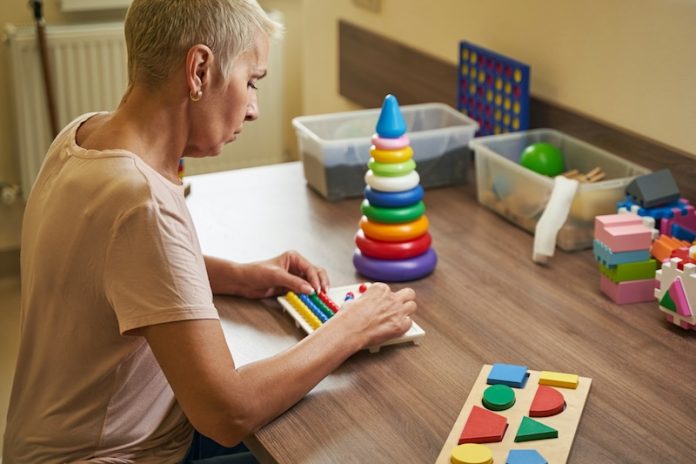
Dementia is a condition that affects the brain, leading to problems with memory, thinking, and daily functioning. It’s more common in adults over 60, but its symptoms often develop gradually, making it easy to overlook early warning signs.
Identifying these signs early is important because it allows for timely medical intervention, support, and planning. While there’s no cure for most types of dementia, early treatment can slow its progression and improve quality of life.
One of the most noticeable early signs of dementia is memory loss, particularly forgetting recent events or information. For example, someone might ask the same question repeatedly or struggle to recall something they just learned.
While occasional forgetfulness is normal as we age, memory problems caused by dementia interfere with daily life. Forgetting appointments, misplacing items in unusual places, or getting lost in familiar settings can all be signs of concern.
Another common early symptom is difficulty with problem-solving or planning. Tasks that were once simple, like following a recipe or managing household bills, may become confusing or overwhelming. People with dementia might struggle to focus, take much longer to complete tasks, or make frequent mistakes.
Language problems are also an early sign of dementia. Someone may find it hard to find the right words, repeat themselves often, or have trouble following a conversation.
They might stop in the middle of a sentence, unsure of how to continue, or struggle to name familiar objects. This difficulty with communication can be frustrating and may lead to withdrawal from social interactions.
Changes in mood and personality are other important signs to watch for. Dementia can cause someone to become unusually anxious, confused, or depressed.
They may lose interest in hobbies or activities they once enjoyed and seem withdrawn or apathetic. In some cases, they might display sudden mood swings or act suspicious or paranoid without clear reason.
Difficulty with spatial awareness and coordination can also be an early indicator of dementia. Someone may find it harder to judge distances or navigate stairs. They might bump into furniture or struggle to park a car.
Vision changes, such as trouble reading or interpreting visual information, can sometimes be mistaken for normal aging but could be linked to brain changes caused by dementia.
Another warning sign is a decline in decision-making or judgment. A person with dementia may make unusual choices, like wearing clothes that don’t match the weather or falling for financial scams. They might also have difficulty recognizing when they need help or misjudge risks in everyday situations.
One of the lesser-known signs of early dementia is a change in behavior during sleep. Restlessness, frequent waking, or acting out dreams can sometimes signal conditions like Lewy body dementia. These sleep disturbances are often noticed by family members or caregivers before other symptoms become clear.
It’s important to remember that everyone experiences occasional lapses in memory or focus, especially as they age.
However, when these changes interfere with daily life or worsen over time, they should not be ignored. Conditions like Alzheimer’s disease, vascular dementia, and other forms of dementia require medical attention for proper diagnosis and care.
If you or a loved one shows any of these early signs, it’s a good idea to consult a doctor.
Simple tests can help determine whether the symptoms are due to dementia or another condition that may be treatable, such as a vitamin deficiency or thyroid problem. Early diagnosis provides the best chance for managing the condition and planning for the future.
Recognizing the signs of dementia early can make a big difference in the lives of those affected and their families. By staying informed and seeking help when needed, it’s possible to ensure better support and care throughout the journey ahead.
If you care about brain health, please read studies about inflammation that may actually slow down cognitive decline in older people, and low vitamin D may speed up cognitive decline.
For more information about brain health, please see recent studies about common exercises that could protect against cognitive decline, and results showing that this MIND diet may protect your cognitive function, prevent dementia.
Copyright © 2025 Knowridge Science Report. All rights reserved.



